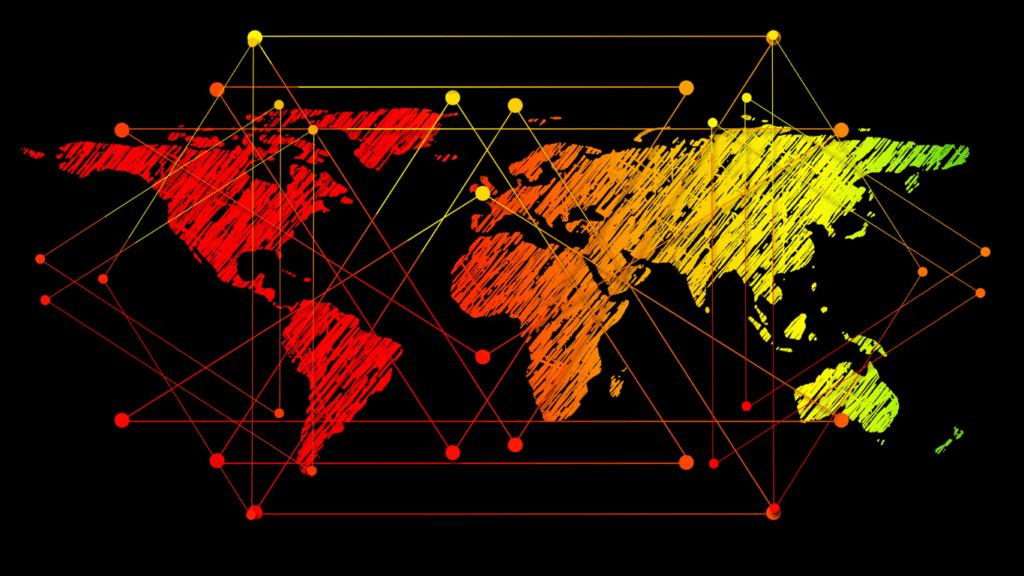Overview of Global Gambling Legislation
Countries worldwide are constantly updating their gambling laws to meet evolving societal and technological needs. This section examines the recent changes and key regions shaping the gambling landscape.
Recent Changes in Legislation
Recent legislative changes reflect a growing recognition of digital gambling’s impact. In 2023, Germany introduced the Interstate Treaty on Gambling, aiming to regulate online casinos and sports betting.
Sweden modified its Gambling Act to tighten advertising restrictions and increase player protections. The US continues to experience state-level shifts, notably with New York and Louisiana legalizing online sports betting.
Key Regions and Their Legislation
Certain regions significantly influence global gambling trends.
- Europe: Besides Germany and Sweden, the UK remains a key player with its Gambling Commission enforcing strict regulations on advertising and player safety. Malta hosts numerous gambling operators due to its favorable laws.
- North America: In the US, a patchwork of state laws exists, with Nevada and New Jersey at the forefront. Canada recently allowed single-game sports betting, reflecting a broader acceptance of gambling activities.
- Asia: Macau dominates as the world’s largest gambling market, while Japan’s Integrated Resort Development Act illustrates the region’s cautious embrace of gambling. Australia maintains a robust regulatory environment, striking a balance between freedom and safety.
Understanding these legislative dynamics is vital for navigating the global gambling environment.
Impact on the Gambling Industry

Global changes in gambling legislation significantly impact the industry. These effects span economic factors and operator compliance.
Economic Impact
Legislation directly affects gambling revenue. Stricter regulations in Germany and Sweden have led to decreased market growth, affecting operators’ profits.
Conversely, the legalization of online sports betting in New York and Louisiana bolstered local economies by generating tax revenue and creating jobs.
Deloitte reports that global gambling revenue reached $449.3 billion in 2021, indicating substantial contributions to economies worldwide.
Changes in Operator Compliance
Legislation changes demand operators adapt quickly to stay compliant. In jurisdictions like Sweden, operators must implement responsible gambling measures, ensuring user protection.
For example, Sweden’s mandatory self-exclusion program requires operators to provide tools for players to limit their gambling. In the US, operators in states where online betting is newly legalized must secure licenses and follow strict advertising guidelines.
Failure to comply results in hefty fines and potential license revocation, pushing operators to invest heavily in legal and technological resources to meet these new standards.
Technological Advancements and Legislative Changes
Advancements in technology have significantly impacted gambling legislation. New technologies drive regulatory updates as lawmakers seek to address emerging challenges effectively.
Online Gambling and Regulation
Online gambling’s growth has prompted lawmakers to adapt existing regulations. Countries now develop comprehensive frameworks to ensure fair play and protect consumers.
For example, the UK Gambling Commission enforces strict online gambling rules, requiring operators to verify player identities and implement robust security measures.
In the US, states like New Jersey and Pennsylvania have embraced online casinos, instituting stringent regulations to ensure operator compliance and consumer safety.
By developing regulations that address technological advancements, authorities create a safer online environment. Rigorous licensing processes and regular audits ensure that operators adhere to best practices and exploitation is minimized.
The Role of AI in Gambling Oversight
Artificial intelligence (AI) is increasingly pivotal in gambling oversight. Regulatory bodies and operators use AI to monitor transactions, detect irregular betting patterns, and identify potential fraud.
AI systems can analyze vast amounts of data quickly, making it easier to spot unusual activities that could indicate problem gambling or money laundering.
For instance, Nederlandse Kansspelautoriteit (Dutch Gambling Authority) employs AI to monitor real-time betting and flag suspicious patterns.
Operators like Kindred Group use AI-driven tools for responsible gambling initiatives, proactively identifying at-risk players.
Integrating AI in gambling oversight enhances the regulatory framework by providing more efficient and accurate monitoring. This reduces the burden on human analysts and improves overall regulatory compliance.
Legal Challenges and Future Outlook
Global gambling legislation presents numerous legal challenges and a complex future outlook.
Ongoing Legal Battles
Recent years have seen significant legal battles in the world of gambling. In the United States, the constant tug-of-war between federal and state laws complicates the legal landscape.
States like:
- Nevada
- New Jersey
have clashed over online gambling regulations, impacting stakeholders across the nation.
In Europe, operators face stringent compliance demands; the UK Gambling Commission fined several companies for not adhering to social responsibility and anti-money laundering measures.
Regulatory bodies in other markets, such as Australia, continue to enforce stricter rules to curb problem gambling.
Predictions for Future Legislation
Future legislation will likely focus on balancing economic benefits with consumer protection. Countries currently in regulatory gray areas may implement clear guidelines to attract international operators while safeguarding citizens.
Increased use of blockchain technology could streamline licensing and certification processes, ensuring transparency and fairness.
Governments may introduce uniform standards for online gambling platforms to reduce discrepancies across jurisdictions.
Advances in AI will further influence regulations, with authorities employing sophisticated algorithms to monitor compliance and identify illegal activities.



